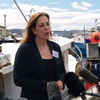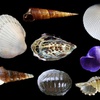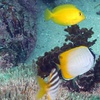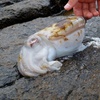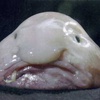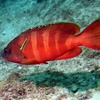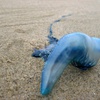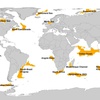
Ocean climate change hotspots mapped to help fishing industry adapt
Researchers have mapped climate change hotspots in the world's oceans to allow better fisheries management and commercial fishing decisions, writes ABC News. Australian scientists led by Dr Gretta Pecl [Redmap founder!] at the University of Tasmania's Institute for Marine and Antarctic Studies (IMAS) have developed an approach to help fishery managers and the fishing industry adapt. Read the full story here.


